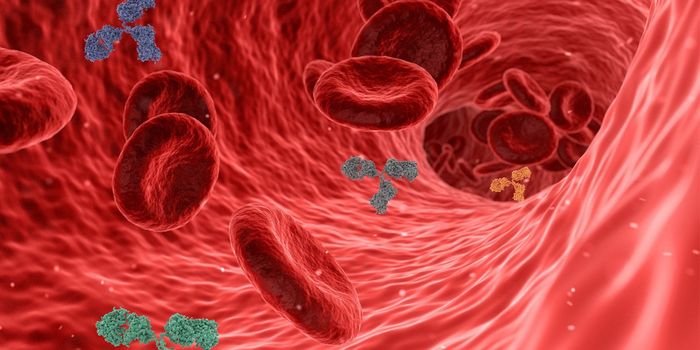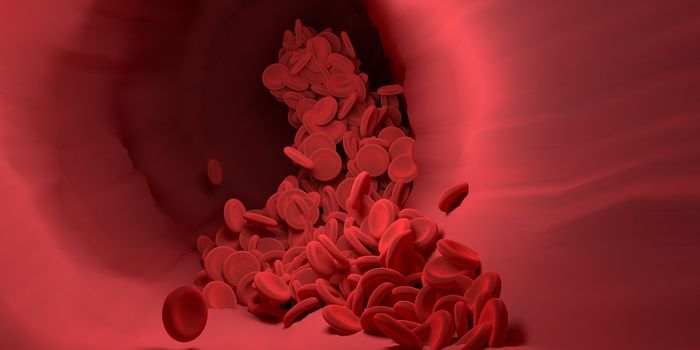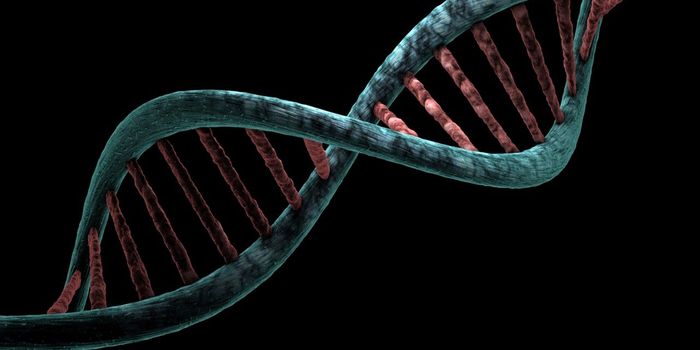How cancer tricks our immune systems
Research published yesterday in Nature details the finding of a new “Don’t eat me” signal that cancers use to hide from the body’s immune system. Previous proteins with a similar role have been identified in past studies, but the discovery of this new protein, called CD24, may lead the way to novel anti-cancer therapies. The study comes from researchers at the Stanford University School of Medicine.
CD24 is one of several other proteins including PD-L1, CD47 and the beta-2-microglobulin subunit of the major histocompatibility class 1 complex that allow cancer cells to essentially evade immune cells called macrophages that are tasked with destroying unwanted pathogens. Based on that previous research, several cancer treatments that block or target the previously found proteins are already in clinical trials.
Senior author Irving Weissman, MD, professor of pathology and of developmental biology and director of the Stanford Institute for Stem Cell Biology and Regenerative Medicine explained that "Finding that not all patients responded to anti-CD47 antibodies helped fuel our research at Stanford to test whether non-responder cells and patients might have alternative 'don't eat me' signals.”
In the study, the researchers discovered that many cancers produce an abundance of CD24 compared with normal cells and surrounding tissues. They were clued in to look for the proteins because of the implication it has. Lead author Amira Barkal explains: "You know that if cancers are growing in the presence of macrophages, they must be making some signal that keeps those cells from attacking the cancer. You want to find those signals so you can disrupt them and unleash the full potential of the immune system to fight the cancer."
To test their findings, the research team implanted human breast cancer cells in mice and determined that blocking CD24 signaling in the cancer cells resulted in the mice’s immune system macrophages attacking the cancer cells. "When we imaged the macrophages after treating the cancers with CD24 blockade, we could see that some of them were just stuffed with cancer cells," Barkal said.
The team hopes to continue investigating these signals with the hope that their findings will evolve into even more available anti-cancer therapies. "There are probably many major and minor 'don't eat me' signals, and CD24 seems to be one of the major ones," Barkal said. The findings may have particular impact on ovarian and triple-negative breast cancer, both of which responded well to blocking CD24. “This may be a vulnerability for those very dangerous cancers," added Barkal.
Sources: Science Daily, Nature









